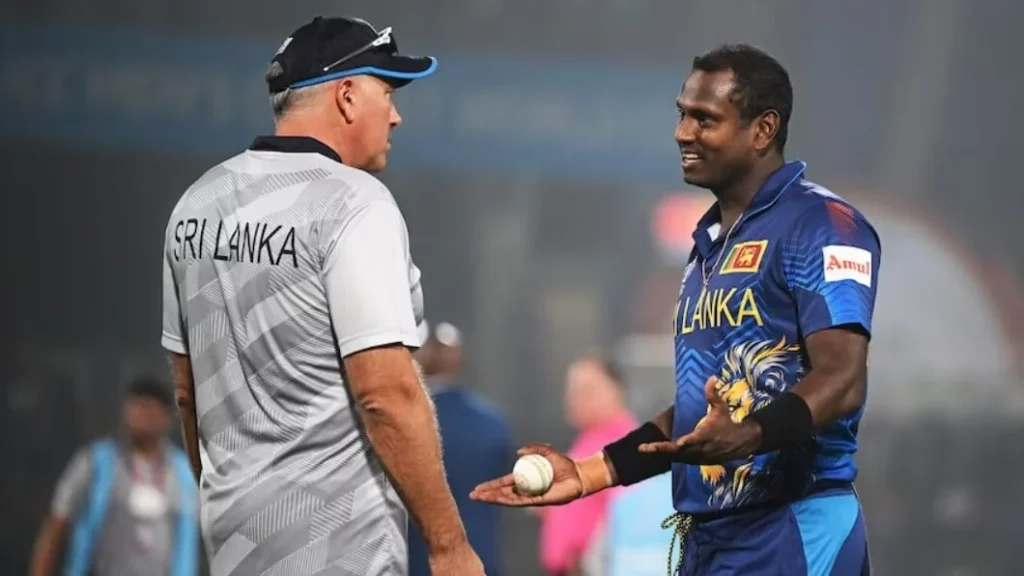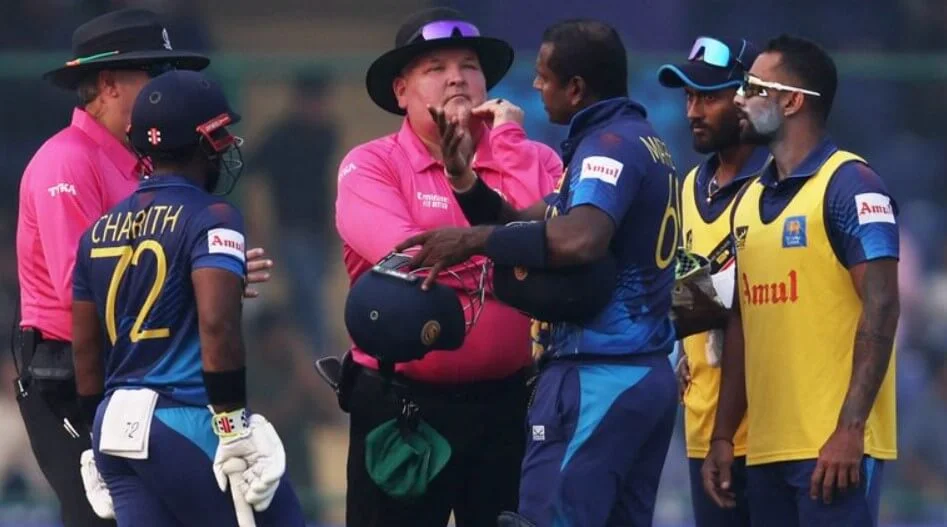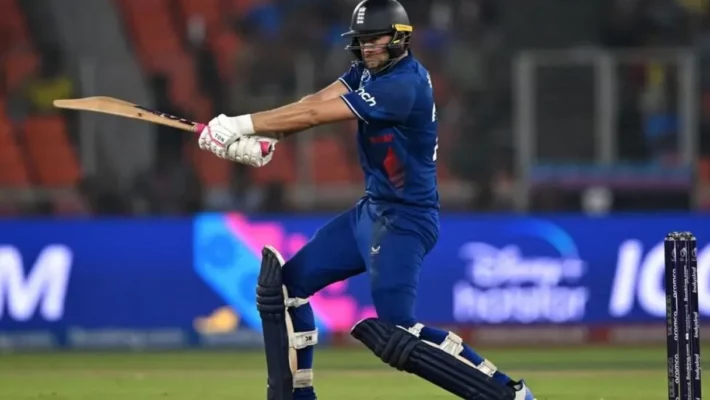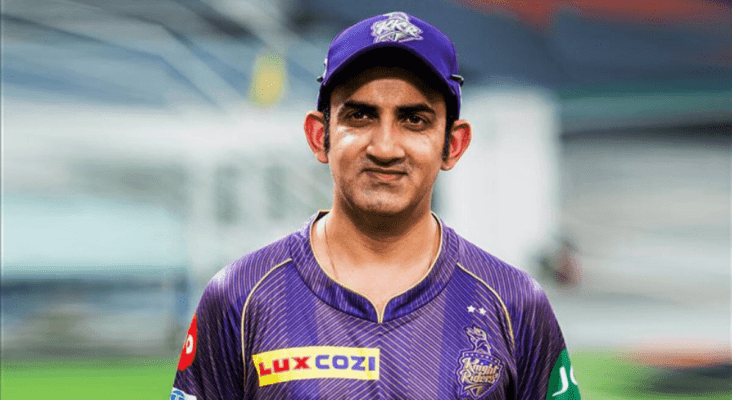
Cricket aficionados were left astounded during the ICC Men’s World Cup in Delhi when Sri Lankan cricketer Angelo Mathews made history — but for reasons he would have never anticipated. Mathews became the first player to be dismissed ‘timed out’ in the sport’s international history, a decision that sparked immense controversy.
Match Insights:
- Sri Lanka’s Batting Efforts: The team posted a challenging score of 279, primarily thanks to a centurion innings from Charith Asalanka and a solid start by Pathum Nissanka. However, it was Bangladesh’s bowler Tanzim Hasan Sakib who claimed 3 wickets, hindering the Sri Lankan’s momentum.
- Bangladesh’s Successful Chase: Bangladesh overhauled the target with relative ease, with notable performances by Najmul Shanto and Shakib Al Hasan. Dilshan Madushanka managed to claim 3 wickets for Sri Lanka, but it was not enough to curb Bangladesh’s aggressive batting.
The crux of the controversy, however, was the incident involving Angelo Mathews and the Bangladesh team.
Mathews’ Controversial Dismissal
Trouble brewed when Mathews took to the crease only to find his helmet strap had broken. The time taken to resolve this issue led to a ‘timed out’ appeal by Bangladesh, which was ultimately supported by the umpires. This decision, based on the strict interpretation of the rules, eliminated Mathews from play and incited a fiery response from the Sri Lankan side.
Reflecting on the event, Mathews lamented the decision and questioned the spirit in which the game was played:
“It is absolutely disgraceful… We talk about the safety of the players, but you guys tell me if it is right for me to take my guard without my helmet?” — Angelo Mathews
Repercussions and Reflections
In the wake of the controversy, discussions emerged about the balance between adhering to the letter of the law and maintaining the spirit of cricket. The Sri Lankan captain and the coach vehemently disagreed with the umpires’ decision, pleading for common sense over strict rule enforcement.
As the match concluded with Sri Lanka’s exit from the tournament, the conversation shifted beyond the boundary lines. The incident prompted a broader discourse on sportsmanship and regulatory interpretations within the game.
In sum, this match will linger in the collective memory not only for the performance of the players but also for the dramatic dismissal that provoked a debate about the very essence of cricket.

Closing Reflections: The Spirit of Cricket Tested
As the dust settled on the field in Delhi, the cricket world was left to reflect on a moment that tested the principles of sportsmanship. Angelo Mathews’ ‘timed out’ dismissal, a first in the 146-year history of international cricket, brought to the fore a critical question: should the adherence to rules overshadow the spirit of the game?
Sri Lanka’s disappointment was palpable, their frustrations amplified by the critical nature of the match within the World Cup context. The incident rekindled discussions about the fine line between tactical acumen and perceived gamesmanship.
Beyond the Boundary: The Match’s Legacy
This match will be etched in history, not just for the individual performances or the end result but as a landmark event that sparked widespread debate on cricket’s unwritten ethos. The ‘timed out’ rule, often overlooked, came into the spotlight and its application in this match may influence how such situations are approached in the future.
In the aftermath, players and officials may ponder the essence of competition and the values that the game of cricket intends to uphold. This match in Delhi was not just a clash between bat and ball, but a complex narrative about the intersection of rules, sportsmanship, and the enduring spirit of cricket.







